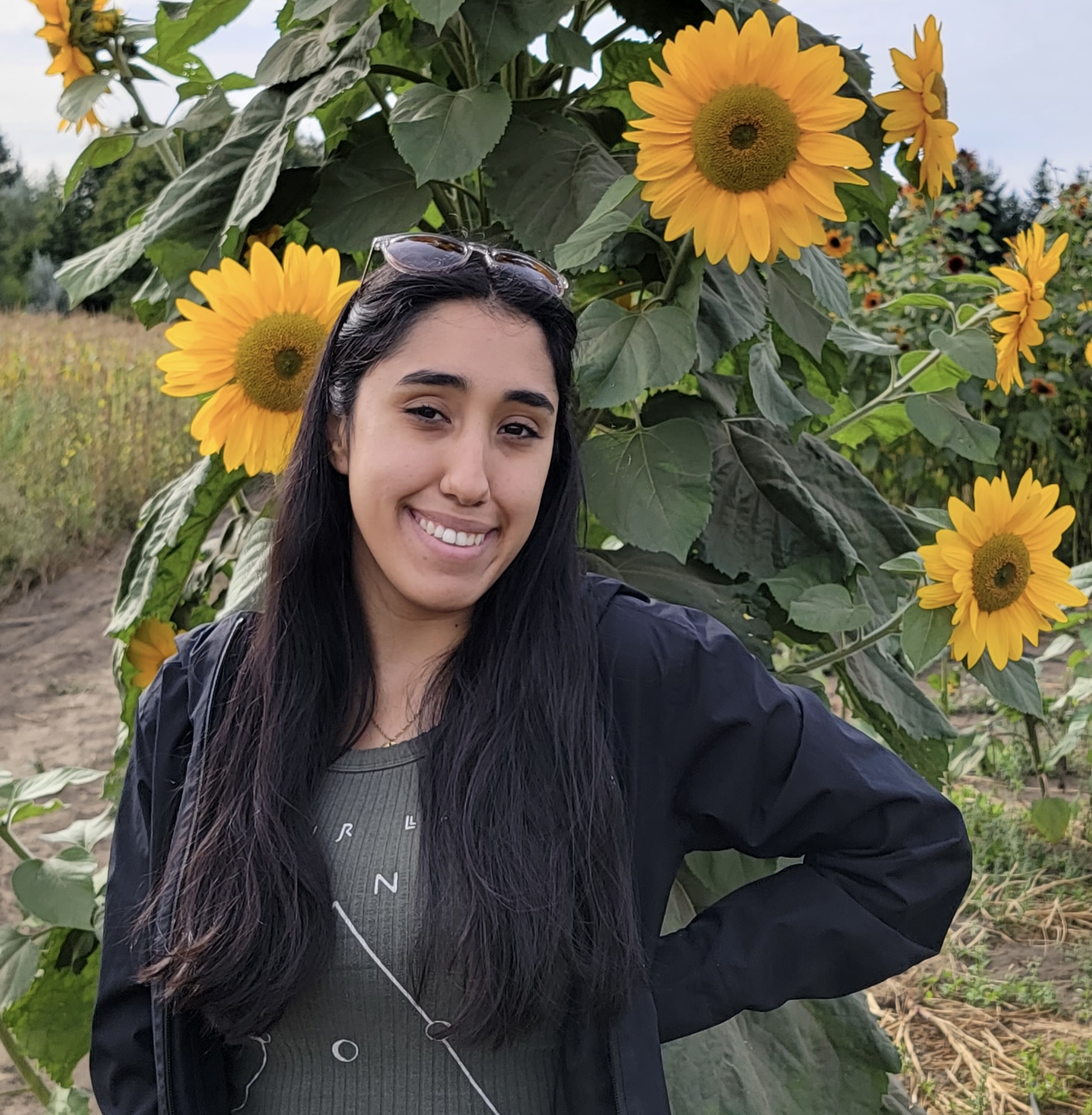Director

Michael J. Toohey, PhD, ABPP (he/him)
I’m interested in better understanding the concepts of irritability, anger, and aggression. I want to better highlight the similarities and differences in their causes, experiences, and consequences across cultures and contexts.
Members

Elizabeth Chacon
I am interested in learning and understanding how anger, aggression, and irritability impact children and adolescents who are from underserved communities and/or have experienced trauma as well as how that translates into adulthood.

Amanda Henkel
I am interested in the manifestations of anger, aggression, and irritability across cultures, particularly among marginalized populations and individuals who have experienced trauma. Additionally, I aim to explore how others’ perceptions of anger and aggression affect treatment accessibility and effectiveness in clinical and forensic settings.

Mian Laurain, MA (she/her)
I am interested in exploring anger, aggression, and irritability in adolescent and young-adult populations. As a primary human emotion, anger can serve as a functional, adaptive response to a problem. For many, however, anger is largely a maladaptive response that does not help them get any closer to their goals. I would like to have a deeper understanding of the spectrum of adaptive to maladaptive anger, aggression, and irritability.

Lynsey K. Randolph
I am interested in better understanding irritability, anger, and aggression in forensic contexts. Specifically, I hope to learn more about risk factors contributing to the management of these constructs (i.e. perceived parenting during development).

Mariah Shipley
I am interested in how anger manifests regarding LGBTQIA+ issues. I’m curious to explore perceived causes of anger and hostility towards transgender individuals by their non-affirming families. Hopefully, by understanding the perceived causes of anger we can improve interventions to create a more affirming familial structure. Understanding the perceived cause of the hostility is the first step in addressing it and hopefully creating a positive change.

Ari Wilson
I am interested in understanding more about the way irritability, anger, and aggression are expressed amongst different genders and how that is viewed by society. Currently, I am looking into how wine service industry workers express anger in regards to their job and how that might differ amongst genders.

Danny Garcia (she/her)
I am interested in investigating the complexities of anger within the Latine female identifying population, focusing on cultural influences, intersectionality, mental health, and community support. My research aims to uncover the unique factors shaping the expression and management of anger within this demographic. I want my work to contribute to academic knowledge and inform the development of culturally sensitive interventions, therapeutic approaches, and educational programs tailored to the specific needs of Latine women navigating the complex intersection of anger and cultural identity.

Angelica Jaegle (she/her/hers)
I am interested in ARG as I am passionate to find a connection between irritability, anger, and aggression and the impact on eating disorders behavior. I am further interested in the connection between anger and internalized Christianity in women’s behaviors. I plan to work in health psychology so these concepts of irritability, anger, and aggression are critical in understanding cultural impacts of diagnosis.

Brandon D. Martinez
I am planning to work with child/adolescent and forensic clients, so it would be critical to learn about the concepts of anger, aggression, and irritability. I’m also interested in expanding on the cultural research available.

Rachel Runge (she/her)
I am passionate about examining the neurobiological and environmental factors influencing anger, irritability, and emotional regulation within neurodivergent populations. I am interested in how unique neural pathways, overstimulation, societal pressures, and internalized ableism shape emotional experiences for neurodivergent individuals. By investigating these intersections, I aim to deepen our understanding of anger, irritability, and emotional dysregulation in neurodivergent contexts and contribute insights that foster more neurodiverse-affirming environments. Ultimately, I want my work to contribute to the development of tailored interventions, accommodations, and therapeutic approaches that respect and enhance the lived experiences of neurodivergent individuals.

Lexi Spencer
I am interested in exploring anger, irritability, and aggression differences in cultural groups. In particular, I aim to define passive aggression and understand cultural and gender differences in expressing passive aggression. Once I have looked into the basis of passive aggression, I would like to delve into how trauma experiences affect presentation.

AJ Gurley-Green (They/Them)
I am interested in studying the roles of anger, irritability, and aggression in a forensic context. I am particularly interested in survivors and perpetrators of sexual abuse and sexual assault as well as their experience within the criminal justice system. I also want to study the experiences of anger, irritability, and aggression within the police

Sandra M Larson, MA
I’m interested in anger, irritability, and aggression from a medical perspective, particularly in individuals with diabetes. Investigating how fluctuations in glucose levels may influence these emotions could provide valuable insights for improving overall well-being in this population. Understanding the unique physiological aspects of these emotions may contribute to more targeted interventions and improved mental health outcomes.
Michaela Monson
Building upon the distinct definitions of anger, aggression, and irritability within the ARG lab, I am interested in further exploring the relationships that the three separate constructs may have with both forgiveness and recovery from trauma.

Morgan J. Rutkowski, BA
I am interested in ARG because irritability, anger, and aggression often precipitate criminal behavior. Consequently, I want to better understand offenders and their decision-making to reduce the country’s recidivism rates. Additionally, I am interested in the impacts of anger on courtroom actors’ implicit bias.

Trinity Strecker
I am interested in better understanding the complexities of anger, irritability, and aggression for those in the LGBTQ community. Specifically, I want to investigate how these concepts are manifested in queer relationships.
ARG Graduates
- Hannah G. Harrison
- Isaac Cheng
- Manj Bath
- Maeve O’Leary Sloan
- Jennifer DeMella